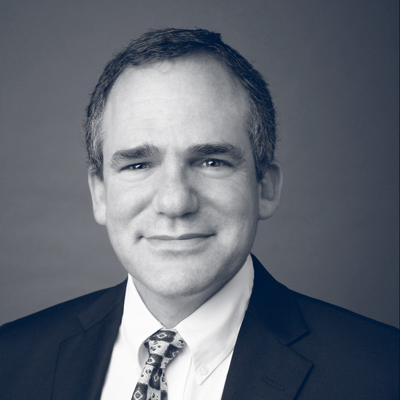Topics
MIT SMR Strategy Forum
We asked our panel of strategy experts to tell us how strongly they agree with this statement:
The increase in stock market volatility that began in 2018 will last for another three to five years.
After a tranquil market run in 2017, 2018 marked one of the more volatile years in recent past, and it saw 50% of the 10 biggest single-day gains and declines for the Dow Jones to date. In some cases, investors may be betting on continued stock market volatility as political uncertainty prevails with Brexit and the rise of populism continues in European elections. Should organizations be wary of continued whipsawing in the market, or does recent calming mean that lower volatility is on the way?
■
Raw Responses
■
Responses weighted by panelists’ level of confidence
Panelists
About the MIT SMR Strategy Forum
Questions of strategy are universal: Every business leader must tackle a topic that’s central to how and why organizations compete. The MIT Sloan Management Review Strategy Forum offers a regular glimpse into the minds of academic leaders who have been researching and observing how businesses determine their strategy for decades.
Each month, the MIT SMR Strategy Forum poses a single question to our panel of experts in the fields of business, economics, and management. Panelists are asked to agree or disagree with a prediction, indicate their level of confidence, and provide a brief explanation for their response.
This page allows readers to engage with the results of each survey. You can see the share of panelists who agree or disagree with each question, how confident they feel about their answers, and the thinking behind their responses. To explore individual panelists’ thought processes about each question, click through to their voting history page. Readers can also submit their own suggestions for future topics to smr-strategy@mit.edu.
Forum Chairs
Joshua S. Gans is a professor of strategic management at the Rotman School of Management, University of Toronto, where he holds the Jeffrey S. Skoll Chair of Technical Innovation and Entrepreneurship. He has served as chief economist of the Creative Destruction Lab since 2013. He tweets @joshgans.
Timothy Simcoe is an associate professor of strategy and innovation at Boston University’s Questrom School of Business.

















